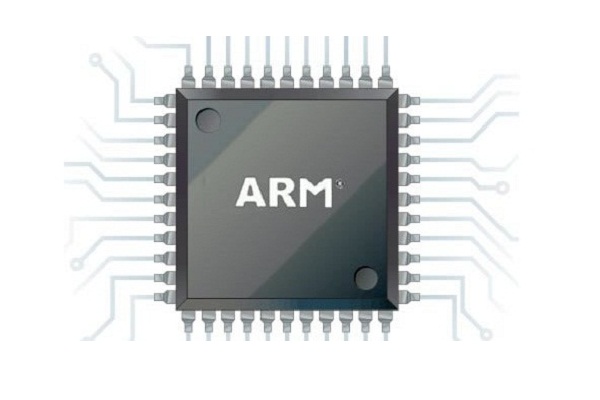British chip designer ARM continues to benefits from its smartphone presence as it posted another very positive set of financials.
The latest figures come on top of its recent best ever quarter, where sales rose 18 percent to £235m.
Profits Surge
But ARM has gone one better for the first quarter ending 31 March, after it recorded profit (before tax) up 24 percent to £120.5m. This beat analyst expectations for £115m. In the same year-ago quarter it had posted a profit of £97.1m.
And the good news continued on the revenue side, after sales coming in at £227.5m, 22 percent up from the £186.7m it posted a year earlier.
So what proved to be the key growth drivers in the first quarter? Well it seems that, like in the previous Q4 2014, adoption rates for its designs continued to grow, with 30 processor licences signed for a broad range of applications from sensors to smartphones to servers.
The company is also said to have benefited from strong sales of the Apple iPhone 6, mobile computers, and 4G smartphones in general, casting aside the worries of the past year of a slowing smartphone market.
The Cambridge-based firm also saw a 7 percent in technology licensing revenues, as well as a staggering 40 percent rise in technology royalty payments.
 “As the world becomes more digital and more connected, we continue to see an increase in the demand for ARM’s smart and energy-efficient technology, which is driving both our licensing and royalty revenues,” explained CEO Simon Segars.
“As the world becomes more digital and more connected, we continue to see an increase in the demand for ARM’s smart and energy-efficient technology, which is driving both our licensing and royalty revenues,” explained CEO Simon Segars.
“In recent months many handset OEMs have announced smartphones and tablets based on ARMv8-A and Mali graphics processors,” said Segars. “As production of these mobile computers start to ramp up in the second half of the year, ARM will benefit from the higher royalty percentage per chip that these technologies deliver compared to the processors in previous generations of mobile devices.
“Building on our leadership in mobile computing, ARM technology continues to be adopted in enterprise infrastructure and embedded devices,” said Segars. “In Q1 we licensed ARMv8‑A processors for networking and server applications, and Cortex-M processors for microcontrollers and smart sensors for the Internet of Things. These design wins underpin future royalty revenue growth and enable continued investment in future innovative technology to create long-term superior returns for our shareholders.”
IoT Move
Looking ahead, ARM said that in line with normal seasonality trends, there may be a sequential decrease in industry-wide revenues.
ARM is not just looking at the smartphone, server, and mobile computing arena. It is also expanding into the Internet of things (IoT) sector.
In February for example ARM announced it had acquired Dutch Internet of Things firm Offspark. Offspark specialises in IoT communications security and its PolarSSL technology is already deployed in sensors, communication modules, and smartphones.
What do you know about ARM? Take our quiz!





